May 21, 2025 | 08:18 GMT +7
May 21, 2025 | 08:18 GMT +7
Hotline: 0913.378.918
May 21, 2025 | 08:18 GMT +7
Hotline: 0913.378.918
It's more than a month before the family's durian comes to fruition, and Nguyen Duc Quan (village 4, Ea Ngai commune, Krong Buk district, Dak Lak) has received tens or even hundreds of calls from brokers asking to see the garden and set on a “preferential” price, even up to VND 90,000/kg, but he refuses every time.
His family grows 5,000 m2 of durian, every year the garden harvests nearly 20 tons of fruit. Quan says that the family has associated with an enterprise from beginning to end. In the contract, there is a clause stating that at the time of harvest, the enterprise’s staff would inspect the garden and the two parties would agree to trade on a market price.
“The current price of durian is just floating nonsense. Brokers come and offer a really high price, urging to make a contract but in the end it is just a piece of paper with no one as a witness. The deposit is high at first, but when the time to cut the fruits has come, the price drops, brokers only cut once just a bit more than the deposit amount and then leave, holding the garden until all fruits fall, and there’s nothing we can do about it,” Quan said.
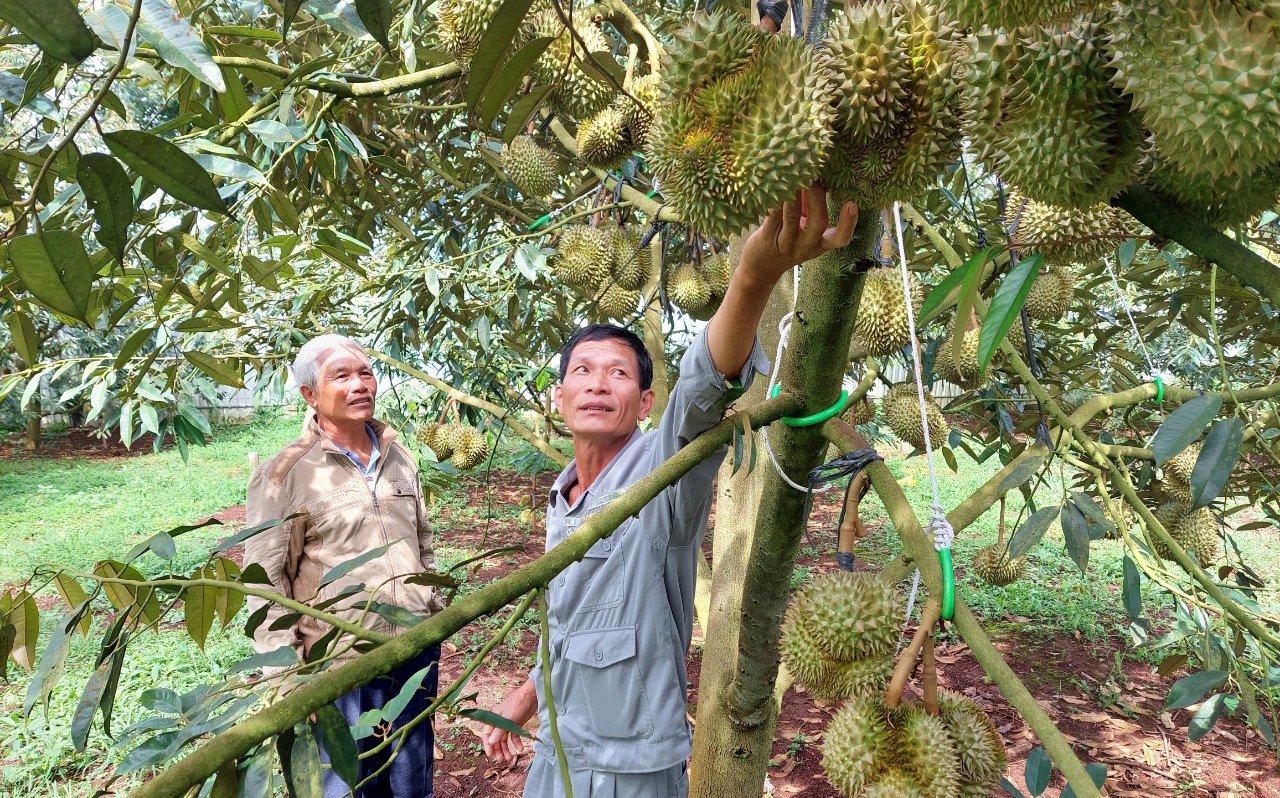
Nguyen Duc Quan (right) is not in a hurry to close the deal on his durian garden even though he is offered up to VND 90,000/kg because he sees that the price is unusually high. Photo: Quang Yen.
According to Nguyen Xuan Nhi, leader of the Dong Tam Sustainable Durian Production Cooperation Group (Krong Buk district), the unit has 55 ha of durian with a total output of more than 1,600 tons. Dong Tam Cooperative Group is currently associated with Huong Cao Nguyen Agricultural Service and Production Joint Stock Company to grow durian according to VietGAP standards.
“The current durian prices are mostly fake. Even companies qualified to export through the official route do not even dare to make purchases with that high of a price. It is the brokers and traders who come to make those deals just to keep hold of the gardens”.

Members of Dong Tam Sustainable Durian Production Cooperative Group have not handed their durian gardens to traders despite being offered a high price. Photo: Quang Yen.
Nhi says that garden owners want to have an official price to sign the contract, not the current “fictional” price. Because signing at the current price means danger because there is a possibility that the garden will be put on hold, and it actually happens in other areas.
“I encourage the members of the cooperative group to remain calm. Durian still has 15-20 days to have the first cut down, only then should they consider a purchase contract, and they should sign contracts with businesses with the potential to buy and export”.
Recent information from businesses shows that when it comes to export orders, traders exporting durian to China did not buy when the prices exceed VND 70,000/kg. The reason is that if businesses add the costs spent on harvesting, transporting, and other manufacturing stages, the production costs would be over VND 25,000/kg, the price of durian would be much higher than in previous years.
“The price is high, so businesses that accept the unit price will make no profit. Even when they are not producing goods, businesses still bear the operating costs and wages for workers. That’s not a small amount. In the current difficult economic context, the pressure is immense.
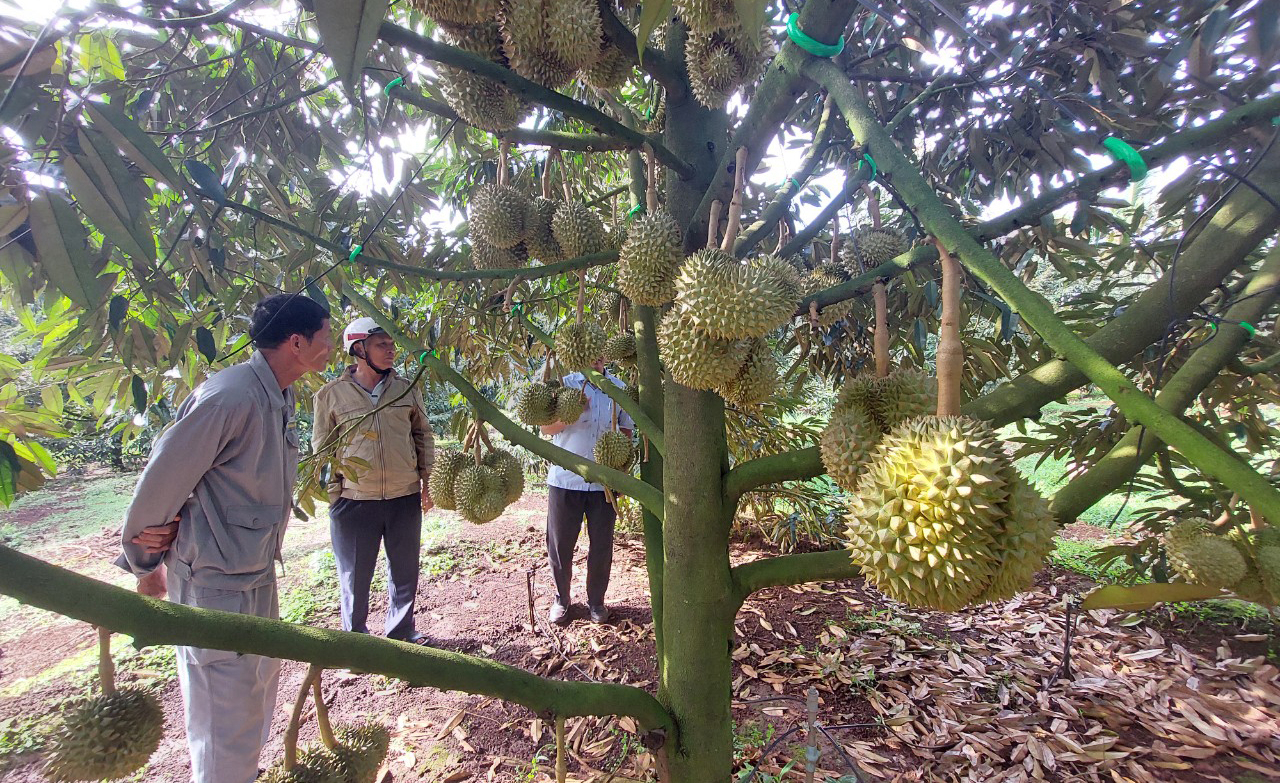
The big durian export enterprises in Dak Lak do not take the risk to close the deal with durian gardens that have a long harvest time. Photo: Quang Yen.
‘More importantly, in the next 10 days, when the durian price drops, businesses can make purchases, but then the input would overwhelm businesses’ production capacity. The amount of collected fruits is large while human resources and warehouses are limited, surely businesses cannot meet orders well. Such a market has a real risk of overloading. Even if farmers accept to sell off durians later, they will not be able to free up their gardens,” a durian business in Dak Lak informed.
According to Vu Duc Con, Deputy Director of the Department of Agriculture and Rural Development, Chairman of the Dak Lak Durian Association, Dak Lak’s durian output in the 2023 crop year is approximately 200,000 tons, an increase of 20,000 tons compared to the 2022 crop. The unstable price situation however remains a big problem.
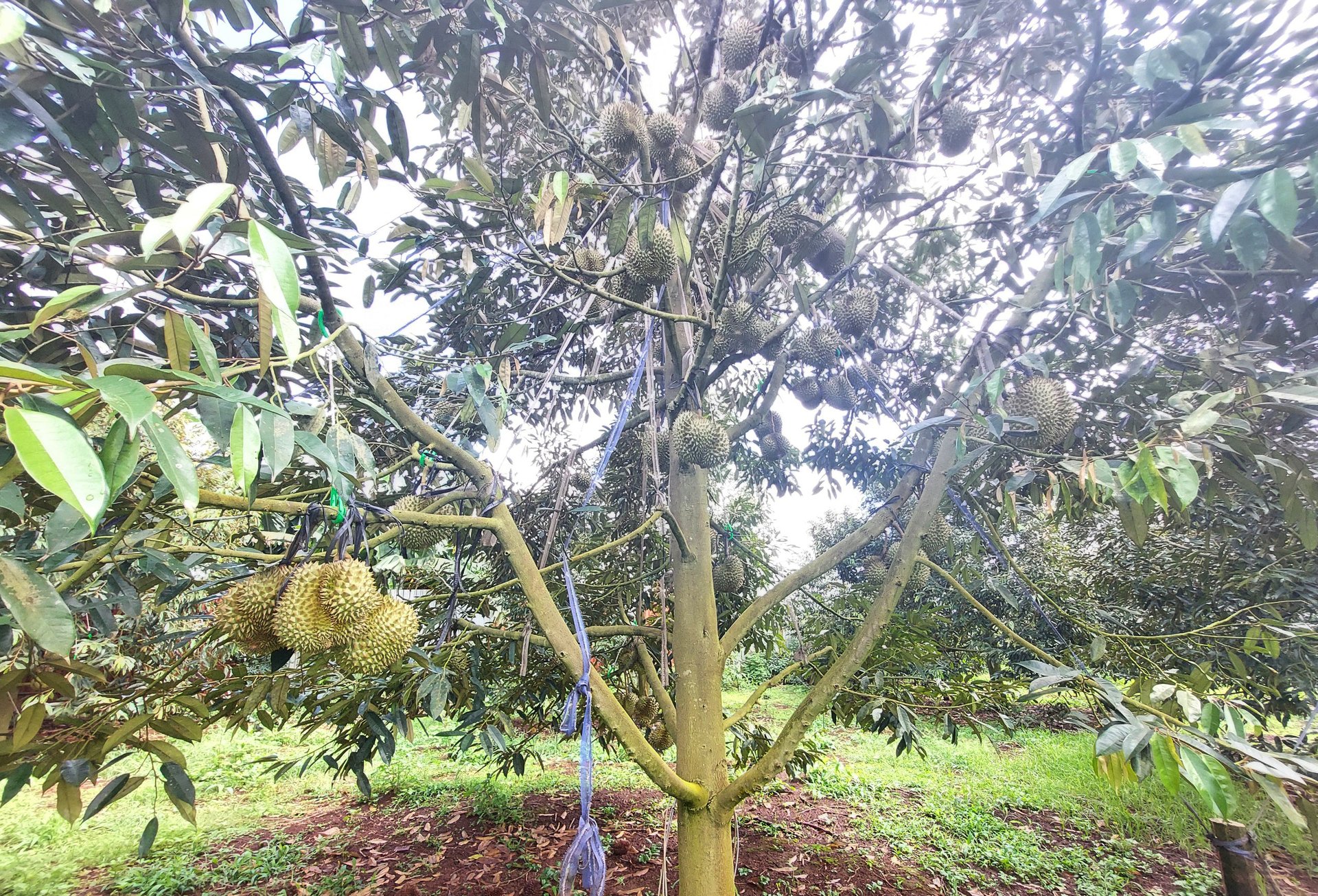
This year's Dak Lak durian ouput is estimated at more than 200,000 tons. Photo: Quang Yen.
“Coming to a fixed price early will create disadvantages and lead to consequences because there will be many contracts difficult to execute as signed when the price fluctuates constantly during the harvesting process. In addition, if farmers keep chasing after the constantly fluctuating prices, the sustainable development and long-term association will be overlooked and the quality of products in this crop will be affected, not to mention the sustainable development of the durian industry,” said Deputy Director Con.
Translated by Samuel Pham
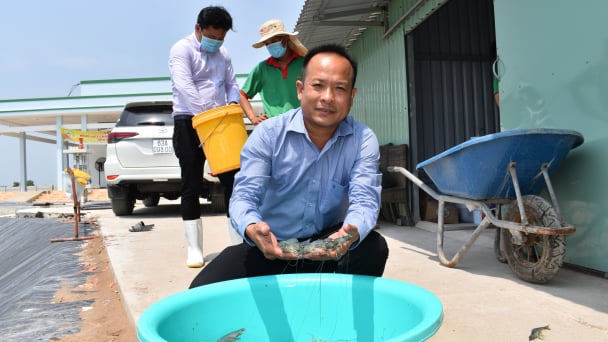
(VAN) One of the key factors for businesses to effectively take advantage of tariff preferences under these FTAs is the rules of origin.
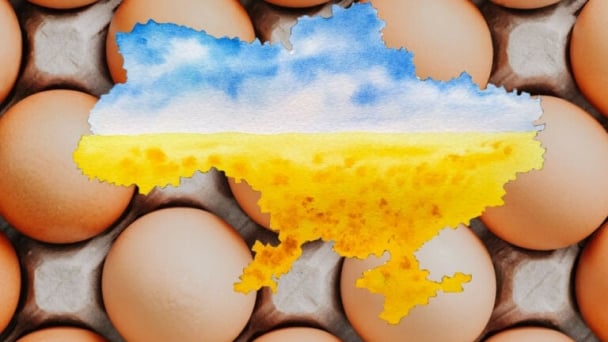
(VAN) Oliyar, a prominent Ukrainian oil and fat manufacturer, has revealed plans to build a farm for 2.3 million laying hens in the Lviv region. The additional production quantities promise to change the competitive landscape of the egg market of the Eastern Europe region.

(VAN) On May 15, Ministry of Agriculture and Environment of Vietnam hosted the 'Connecting Vietnam - Germany agricultural, forestry and fishery trade' seminar in Berlin, Germany.

(VAN) In the face of counterfeit and imitation products, Khanh Hoa Salanganes Nest Company hopes for the prompt completion of the legal framework, strict enforcement against violations, and protection of the bird’s nest brand.

(VAN) Japan's efforts to lower the price of rice through the release of its stockpile may finally be making some progress, albeit at a snail's pace.

(VAN) U.S. tariffs are not only a 'shock', but also an opportunity for Vietnamese businesses to renew their mindset toward comprehensive development.

(VAN) As Bac Giang lychee enters the harvest season, Minister Do Duc Duy expects that the fruit will contribute greatly to agricultural exports due to standardized production and deep processing.